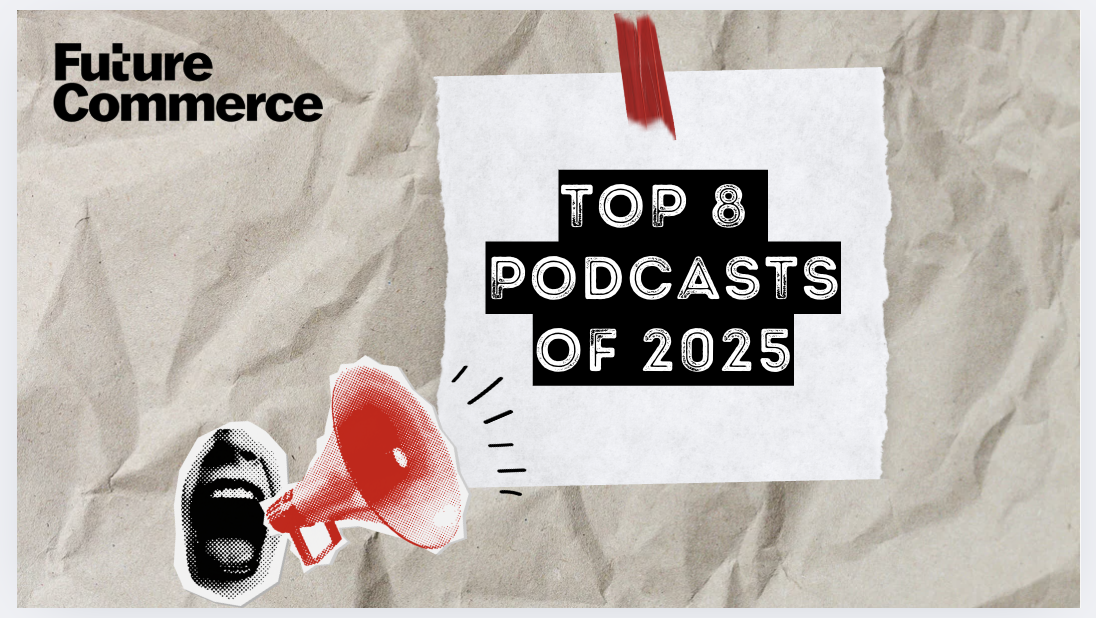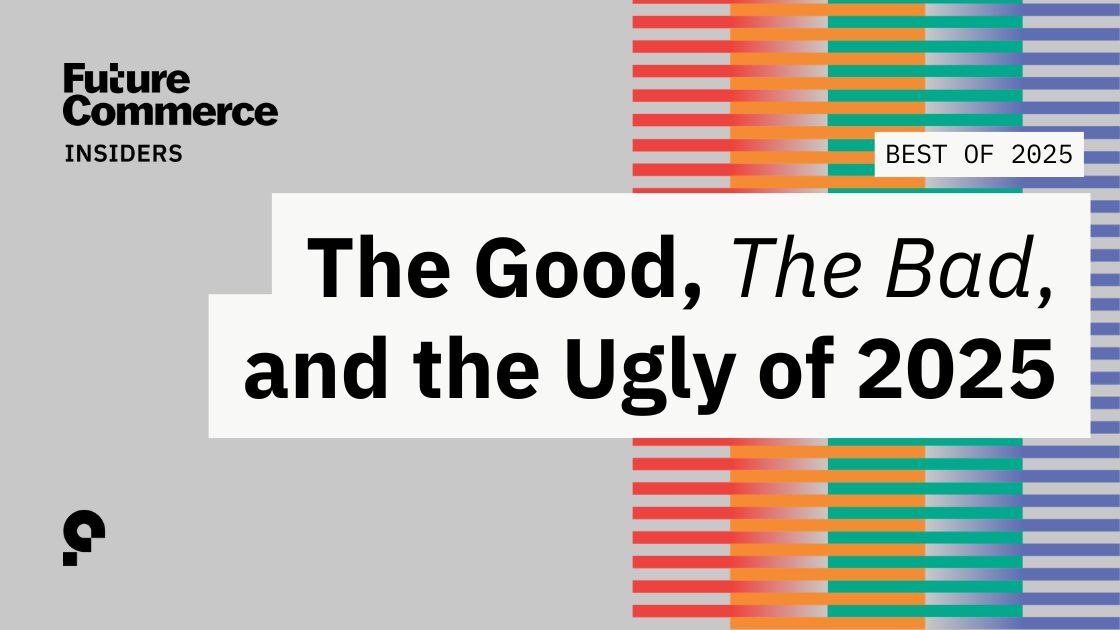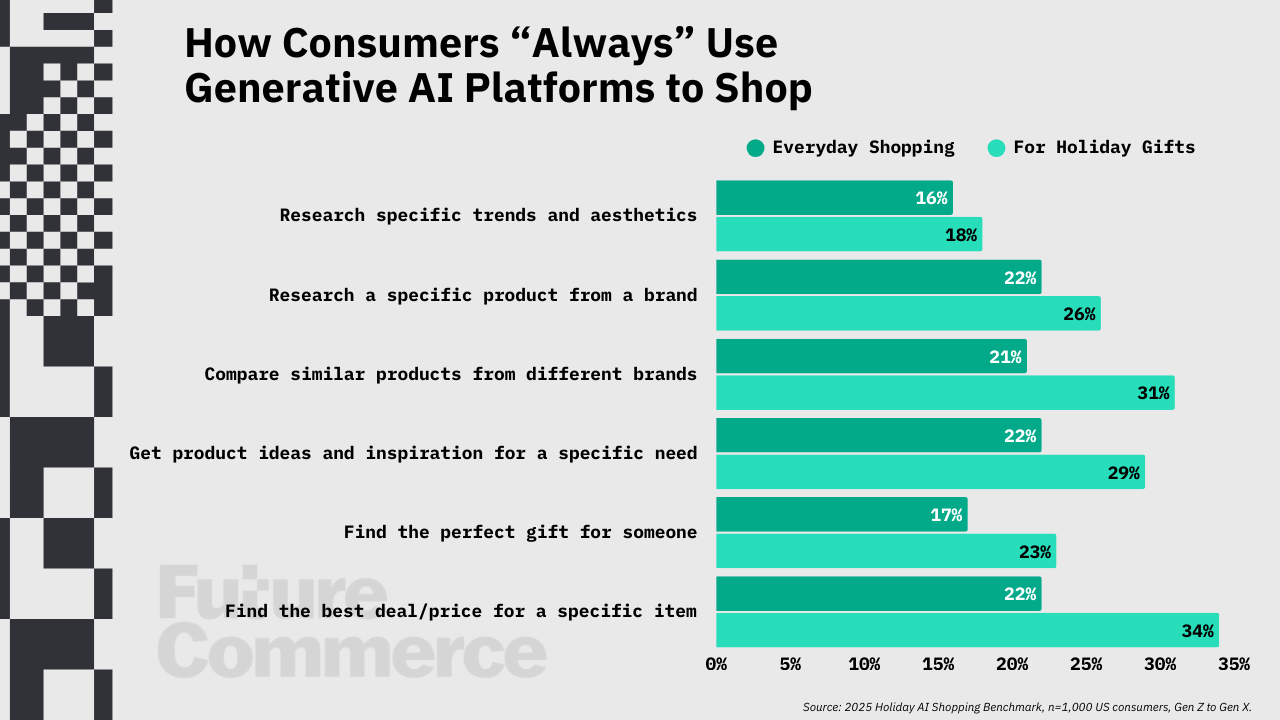
The Mall Curio Shop, Pewter Wizards, and Finding Product Market Fit


Remember that scene from The Office? Dwight, evoking Julia Roberts’ performance in Pretty Woman, marches into the mall to buy a pewter wizard. Every B- mall in America has such a curio shop with velvet elven princesses, burning incense, and crystalline dragons. The scene reminds us that there really is a customer for everything.
Or is there?
The mall curio shop is an oddity. It has the same infrastructure and sits in the same physical space as every other store, but has a fraction of the foot traffic (Who buys an 8-foot-tall hand carved wooden giraffe??). The curio shop has access to customers of all generations and income brackets, but will never rise to the heights of Apple.
The craftsmanship required to create these products is worthy of respect. To cast pewter — be it a wizard, or anything, really — requires detailed knowledge of sand casting. Reproducing a hand carving to cast into metal requires trial and error, and many broken molds. To manipulate wood and resin requires Gladwellian numbers of hours to perfect. But the artisan who crafts the piece rarely understands the mindset of a consumer who would want the piece.
Today, eCommerce has become trade work. Skills are taught and handed down in apprenticeships in digital commerce in much the same way they are in woodworking. The longer you’re in the work, the more adept you become at using the tools. Are you building an experience that is in service of something that people actually desire? Sure, you know how to implement Nik Sharma’s playbook. But do people actually want the product? If not, you might just be operating the digital version of the mall curio shop; and your products are the modern pewter wizard.
Somewhere in the noise of DTC playbooks and Twitter debates we’ve forgotten that product is everything. Artisans rarely find product market fit. Their skill is undeniable, their craft unassailable. But the market, indefinable.
There really is a customer for everything. “A,” as in, at least one. But isn’t the goal to find a plurality of customers to serve? If you have a great product, the market will overcome obstacles to buy it.
Word to the wise: in the new eCom trade work, be careful what you spend your time and skills in service of. Would you rather work in the curio shop? Or the Apple store? Which one will provide you with the insight and growth you need for the next stage in your career? Be aware.
Otherwise, in the words of Dwight (née Julia Roberts) you’ll have made a “Big mistake. Huge.”


Flexibility algorithms. Amazon Halo is adding a new feature to its fitness service. Soon, users will be able to take a series of photos of themselves so that cloud-based AI can analyze their “Movement Health.” Stiff shoulders or tight hips? Amazon says their algorithms can reliably grade mobility in key areas and recommend exercise routines for improvement.
This work is the result of the Amazon acquisition of The Body Labs team. That acquisition happened in 2018, and co-founders John Cilley and Bill O’Farrell were guests of the show in Year 1 of the podcast.
The North Face hits the fan. Remember when The North Face wouldn’t put their logo on some company jackets because it was an oil and gas company? Well Liberty Energy CEO Chris Wright has something to say about that in this video where he thanks the outdoor company for being such a dedicated customer and industry partner. Head to thankyounorthface.com for an expanded video.
More Sights and sounds. Klarna raises $639 million in another funding round at a valuation of $45.6 billion. Logan Paul wore his good luck charm, a BGS 10 1st Edition Charizard card, into the ring for his fight with Floyd Mayweather and estimates it’s likely worth a million dollars now. Also, this sweet little cactus is intentionally designed for your dog to rip it to shreds. See, destruction can be fun.


Reppin’ Bikini Bottom. Who lives on a pair of Vans down on your feet? Sponge-bob Square-pants!—Eh, that was meant to be sung. Anyway, the series of throwback shoes feature varieties of the show’s characters, and some even have an image of Plankton on the sole for you to smush with each step.

The great siren giveth and taketh away. Starbucks is the latest to experience supply chain shortages. Multiple drink ingredients, including oat milk and some syrups are on a “temporary hold” and a customer in Manhattan noted a whole bean shortage which left behind “the dreaded Veranda” as his only choice for purchase.
Chipotle makes headlines. The fast casual food chain announced a 4% price hike to accommodate an increase in employee wages. In a year with increased ingredient costs and rising inflation, the best spin for explaining such a marginal increase in price is definitely that you are giving your employees a raise. The worst would probably be giving your CEO a fat bonus.

Post-pandemic productivity: Working from home made a lot of us feel like we were “at work” even longer most days. Data seems to back this up, too. A new University of Chicago study found that during the WFH period of the pandemic, employees of a large IT services company were working 30% more hours to get the same work done. While much of this is attributed to distractions at home, Teamflow CEO Flo Crivello points out that WFH tools like Zoom and Slack still struggle to strike the balance on efficient formal and informal interactions. While Bob from Sales used to just stop by your desk for a minute or two to ask you dumb questions, now he books 30 minute meetings to hear himself talk.
A safe space to tantrum. If you’re in LA and you’re angry, you can go to this rage room and they’ll let you break stuff. Lots of stuff. Seems like a healthy way to deal with emotions.











.svg)
